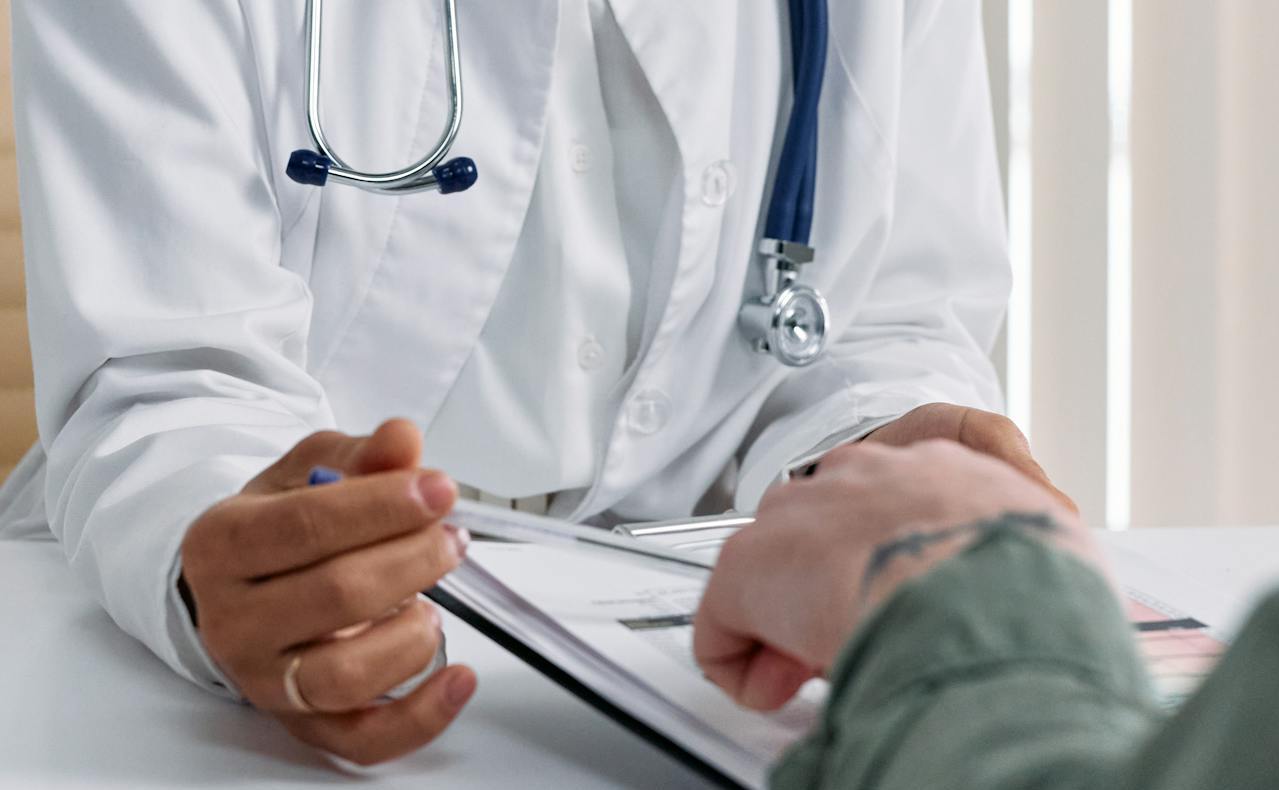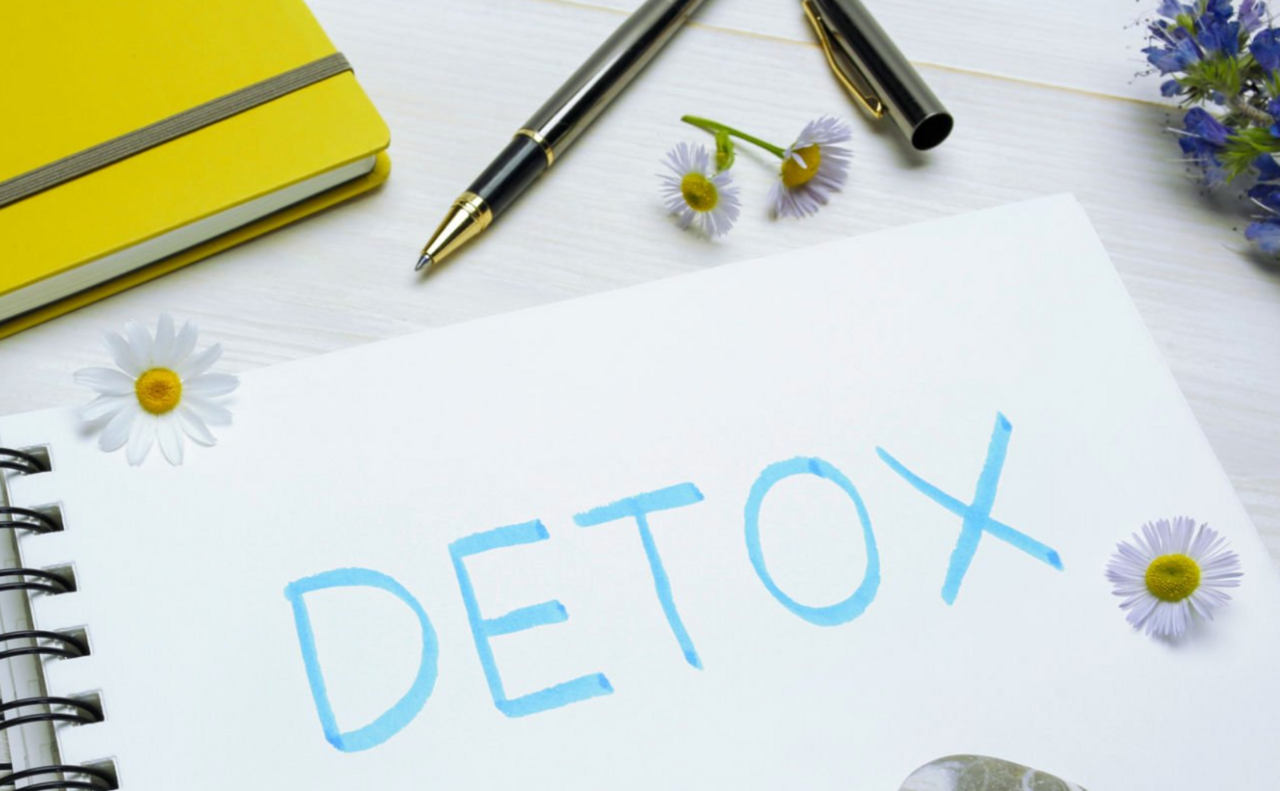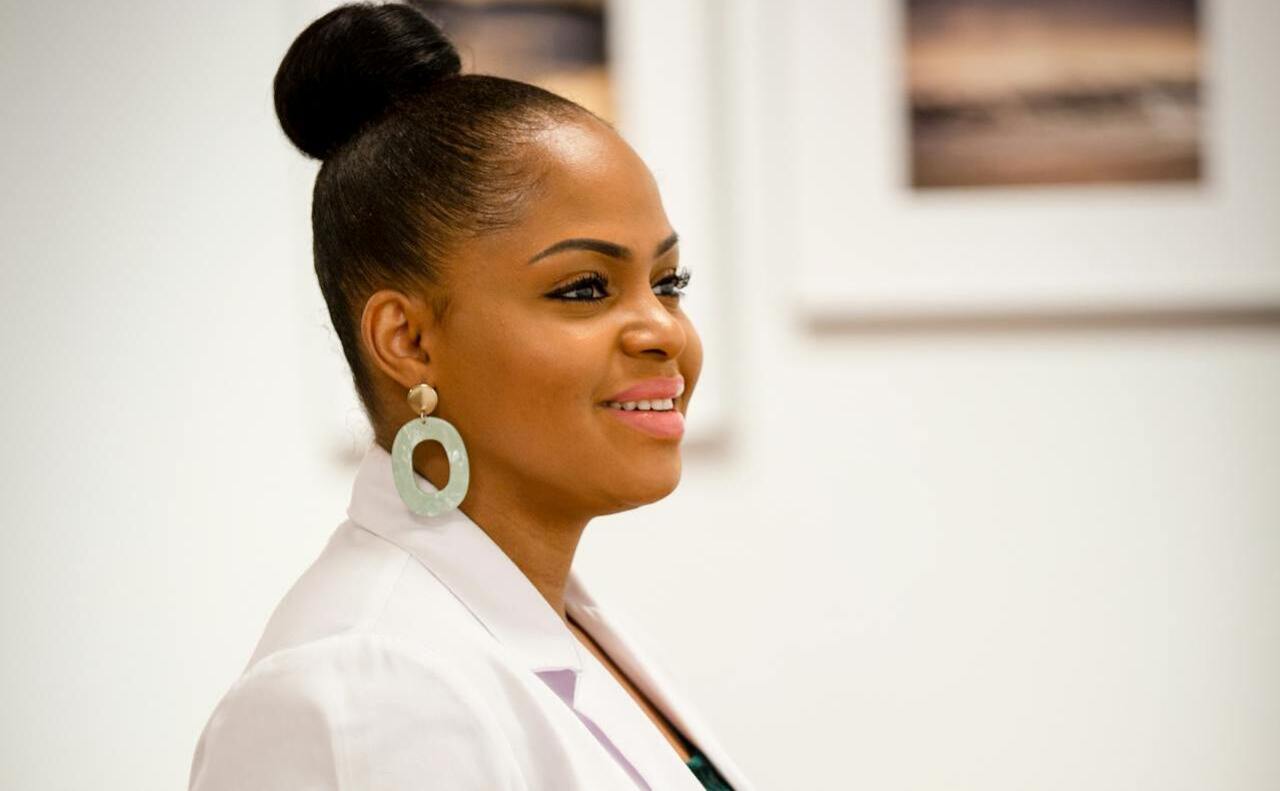If you’re researching addiction treatment, you’ve probably come across two terms that seem interchangeable: detox and withdrawal. But while they’re closely connected, they are not the same thing.
Understanding the difference between detox and withdrawal can help you or your loved one make informed choices about how to start recovery safely and effectively.
Colorado Medication Assisted Recovery (CMAR) provides medical oversight and therapeutic care to guide people through both phases without hospitalization. Your comfort and safety are our top priorities.

What Is Withdrawal?
Withdrawal refers to the physical and psychological symptoms that occur when a person reduces or stops using a substance they’ve become dependent on, such as alcohol, opioids, or benzodiazepines.
Common withdrawal symptoms include:
- Nausea, vomiting, or diarrhea
- Sweating and chills
- Shakes or tremors
- Headaches or fatigue
- Anxiety, depression, or irritability
- Insomnia or vivid nightmares
- Seizures (in severe alcohol or benzodiazepine cases)
- Hallucinations or delirium tremens (DTs)
Withdrawal can range from mildly uncomfortable to life-threatening depending on the substance, usage history, and the person’s physical and mental health.
What Is Detox?
Detox is the clinical process of managing withdrawal symptoms while the body clears drugs or alcohol from its system. Detox is typically the first step in treatment, designed to help patients reach physical stability so they can move forward into therapy and long-term recovery.
At CMAR, we offer outpatient medical detox that includes:
- Clinical assessments
- Daily check-ins and monitoring
- FDA-approved medications to ease withdrawal
- Access to mental health support
- A personalized transition plan into IOP, PHP, or MAT
So, What’s the Difference Between Detox and Withdrawal?
Here’s a clear breakdown:
| Aspect | Withdrawal | Detox |
|---|---|---|
| Definition | The symptoms caused by stopping substance use | The medical process of managing those symptoms |
| Timeframe | Begins within hours to days after last use | Typically starts at the same time as withdrawal |
| Focus | What your body experiences | What clinicians do to support and stabilize you |
| Includes Medications? | Not by default | Begins within hours to days after the last use |
| Requires Professional Care? | No, but strongly recommended for some substances | Yes — especially for alcohol, benzos, or severe opioid use |
| Goal | Getting through the symptoms | Helping you do so safely and comfortably |
In short, withdrawal is what happens to the body. Detox is how we help you through it.

Why Medical Detox Is the Safer Choice
Trying to “tough it out” at home can be dangerous, especially with substances like alcohol or benzodiazepines, where seizures and cardiac risks are real concerns. Even opioid withdrawal, while less deadly, can be intensely painful and lead to relapse within days or hours.
At CMAR, our outpatient medical detox gives you:
- A safe, clinical environment without the need for inpatient rehab
- Medication-assisted treatment (MAT) to reduce cravings and symptoms
- Daily support from doctors and therapists
- Flexible scheduling so you can still maintain work or family responsibilities
You don’t have to face withdrawal alone, and you shouldn’t.
What Happens After Detox?
Detox is just the beginning. Once you’re medically stable, long-term recovery requires emotional, behavioral, and lifestyle changes. That’s why CMAR offers a full continuum of outpatient services, including:
- Intensive Outpatient Program (IOP)
- Partial Hospitalization Program (PHP)
- Individual and group therapy
- Mental health and dual diagnosis treatment
- Medication management and relapse prevention
Our goal is not just to help you detox; it’s to help you heal, grow, and stay sober long-term.

Detox and Withdrawal Are Connected – But Not the Same
Understanding the difference between detox and withdrawal is about more than just semantics. It’s about recognizing that recovery isn’t just about suffering through symptoms; it’s about getting help that works.
At CMAR in Thornton, Colorado, we provide personalized outpatient detox services to help you manage withdrawal safely and move forward with confidence.
Ready to Take the First Step?
- Call CMAR today at (855) 454-4003
- Serving the Denver metro and beyond
- Verify Insurance & Start Now



















































